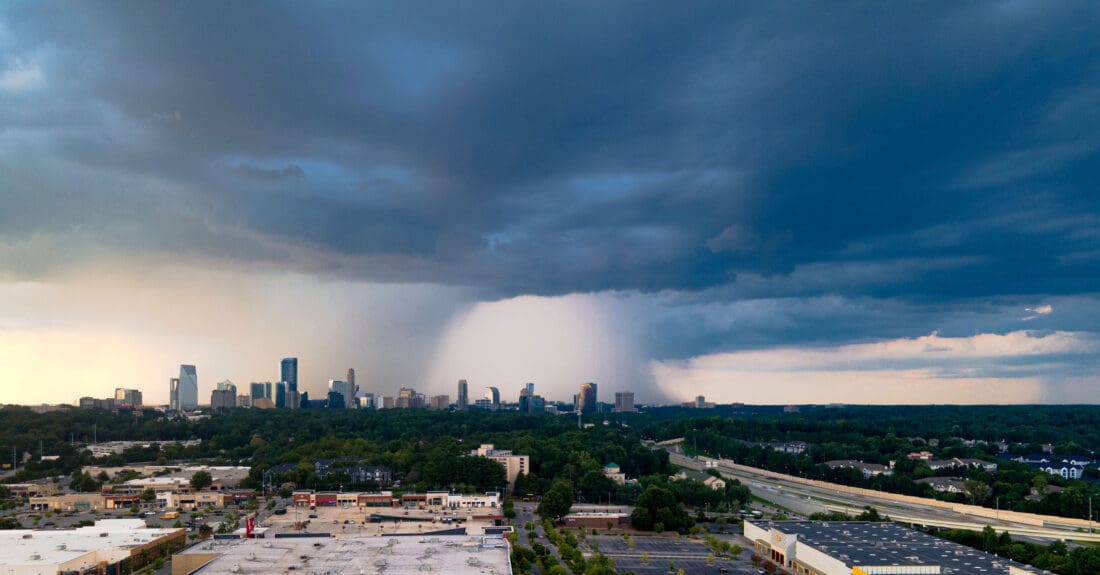Regional Weather Events
THE IMPACT OF REGIONAL WEATHER EVENTS ON ATLANTA CONSTRUCTION
Severe weather events always grab our attention, and the Atlanta area is certainly not immune. We’ve had our share of strong storms, extreme heat, droughts, and even tornadoes. The construction industry has to pay attention to these weather factors in selecting materials, calculating costs, and creating construction timelines.
So, how does the Atlanta region’s weather affect its construction industry? Here are four factors that merit consideration:
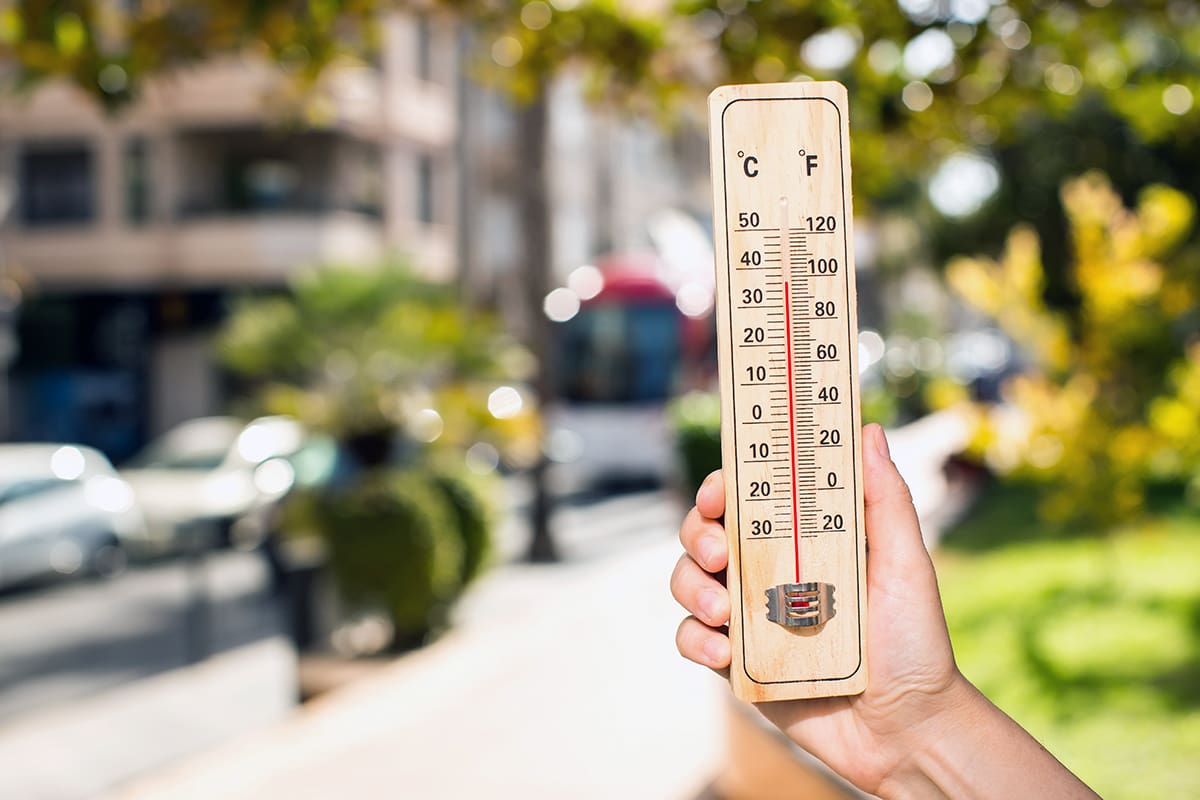
HEAT
Anyone who’s spent a summer in Georgia knows it can get very hot. And that’s a particular concern for the construction trade.
Exposure to heat produces changes in construction materials. As their dimensions change, joints can weaken and become misaligned. Extreme heat can cause concrete and brick to wrinkle and crack.
Heat can also influence energy costs, as demand for air conditioning pushes prices upward. If summers continue to warm, that will increase the need for more energy-efficient buildings. In that regard, recent innovations have led to significant improvements in building materials and systems.
TECHNOLOGY
Smart buildings are now able to optimize HVAC and other systems to respond efficiently in real time to changes in the environment.
RENEWABLES
Implementing renewable energy like wind, solar, geothermal and hydropower can allay energy costs significantly.
ROOFING
Energy efficient roofing, like the Butler MR-24 roofing system, which meets the Energy Star cool roof standards for energy efficiency, is better at reflecting the sun’s rays and mitigating roof temperature and heat absorption.This leads to more consistent internal building temperatures and contributes to a higher level of building efficiency over all.
But the most important impact of extreme heat is on construction workers, who can be susceptible to dehydration and heat stroke. This is an especially serious concern in 2023. The National Oceanic and Atmospheric Administration (NOAA) has predicted temperatures 50 to 60 percent above normal in Georgia for the months of April, May and June, and only slightly less severe conditions for the months following.
As the hot summer months arrive, construction teams will need to pay special attention to their workers’ well being—and in some cases, may want to plan work schedules to avoid the hottest days
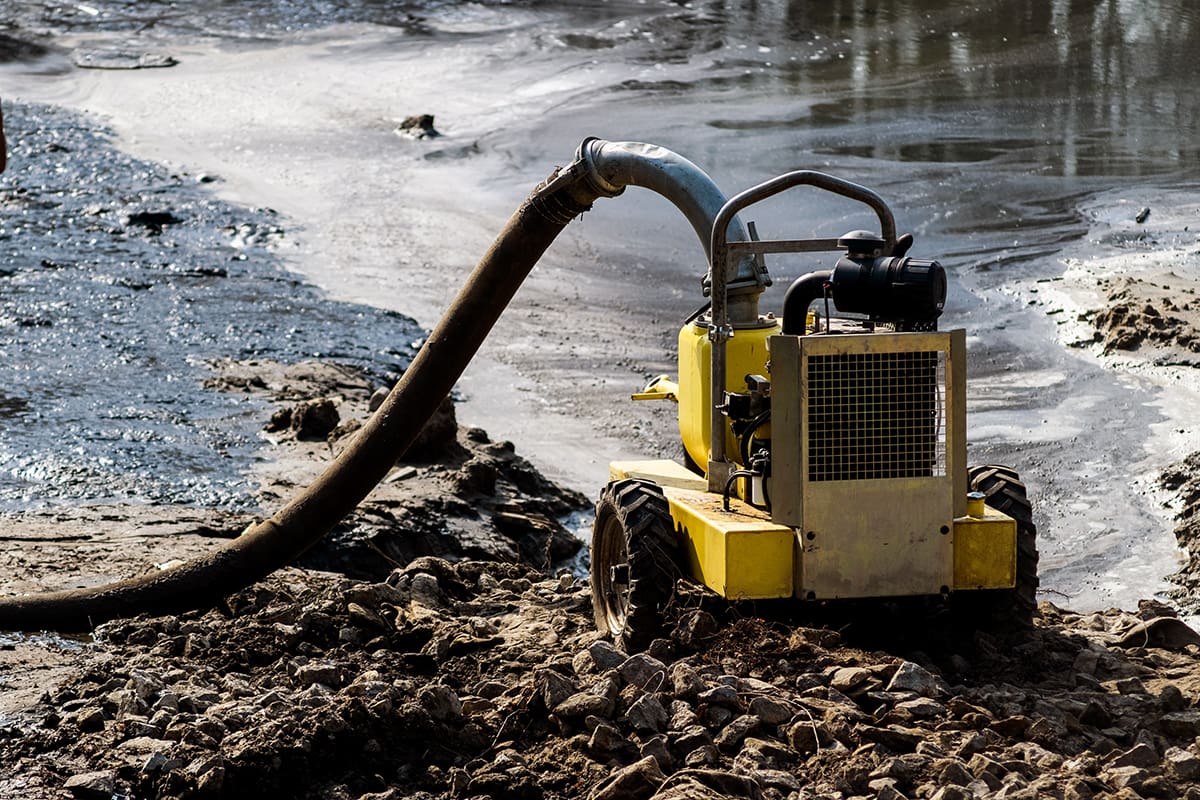
PRECIPITATION
Rain is a serious issue for any construction work that occurs outdoors. It can lead to wasted workdays and wreak havoc on schedules.
Except during the occasional drought, rain is a constant factor that builders in Georgia must consider. Atlanta receives an average of 50.4 inches of precipitation each year, almost all of it in the form of rain. Rainfall is relatively even throughout the year, with March being the heaviest month. Since there is no well-defined rainy season, and weather forecasts are only reliable for the near term, rain delays are hard to avoid. Commercial construction companies can circumvent some of this risk by utilizing pre-engineered buildings, and manufacturing as many components as possible in indoor facilities. The components can then be erected on site as weather permits.
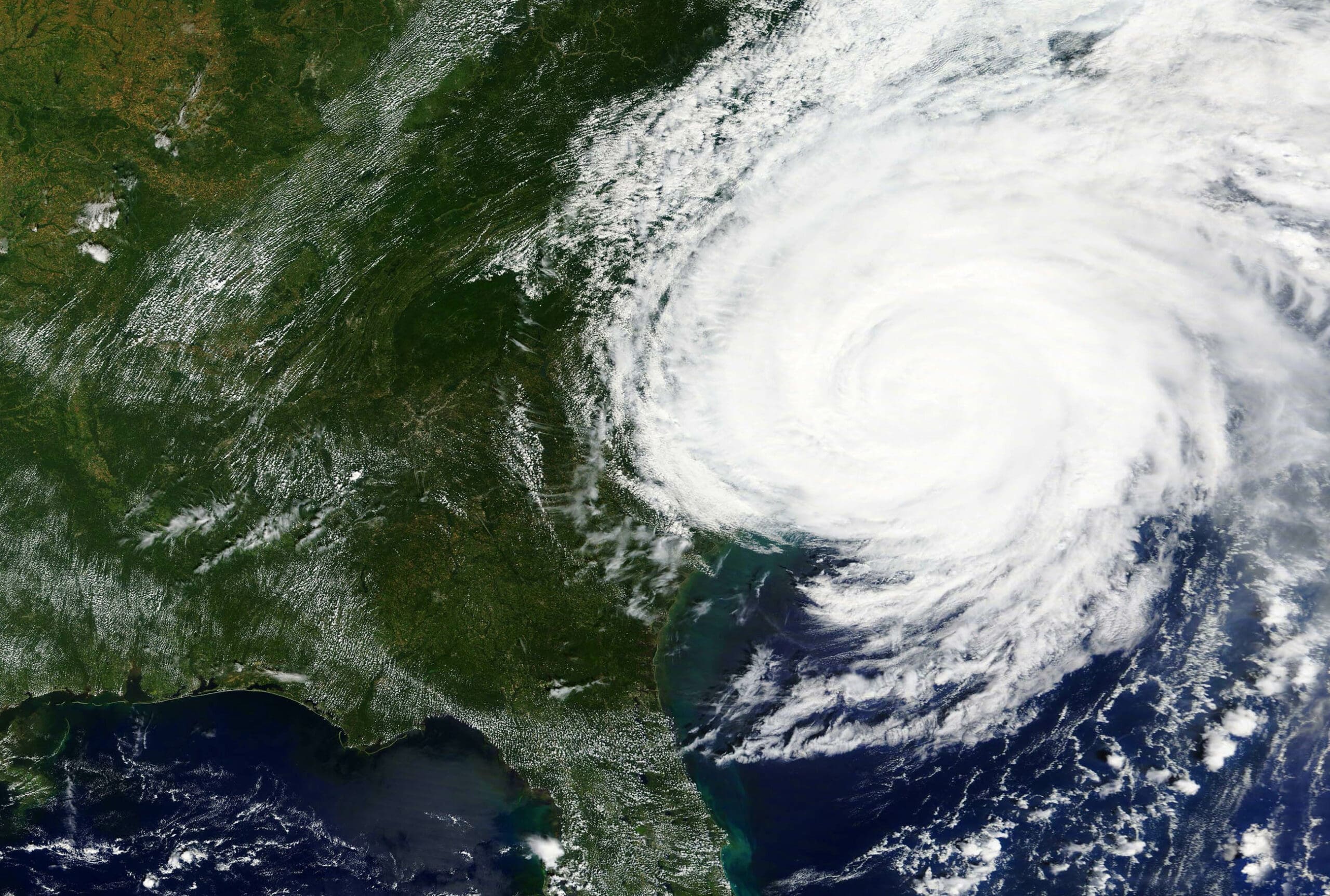
HURRICANES
Georgia borders the Atlantic Ocean and is close to the Gulf of Mexico. That makes it vulnerable to the hurricanes and strong storms that strike the region nearly every year. Fortunately for Atlanta, it occupies a position in the northern portion of the state more than 300 miles from the coast. So, by the time hurricanes reach the Atlanta area, they’ve usually deteriorated to less-severe storms. But they can still wreak terrible damage. In 2021, the remnants of Hurricane Ida hit the Atlanta metro area, causing widespread flooding and property destruction.
Such events, mercifully rare as they are, can stop construction projects abruptly. But in their aftermath, they also create additional economic activity as property owners rebuild and repair.
Strong storms also test the strength and durability of existing structures. That makes it all the more imperative that builders use the best materials available—even in relatively safe environments like Atlanta.
In 2020, the state government of Georgia promulgated appendices to the Georgia State International Building Code, which included “increased construction requirements for disaster resilience … to be made available for adoption by local jurisdictions.” The document includes guidelines regarding flood damage-resistant materials, high wind-resistive construction, and the construction of storm shelters and safe rooms. The guidelines address details as minute as the fasteners and connectors used for flood damage-resistant materials: They should be “made of stainless steel, hot-dipped zinc-coated galvanized steel, mechanically deposited-zinc coated, silicon bronze or copper. Copper fasteners shall not be permitted for use in conjunction with steel.”
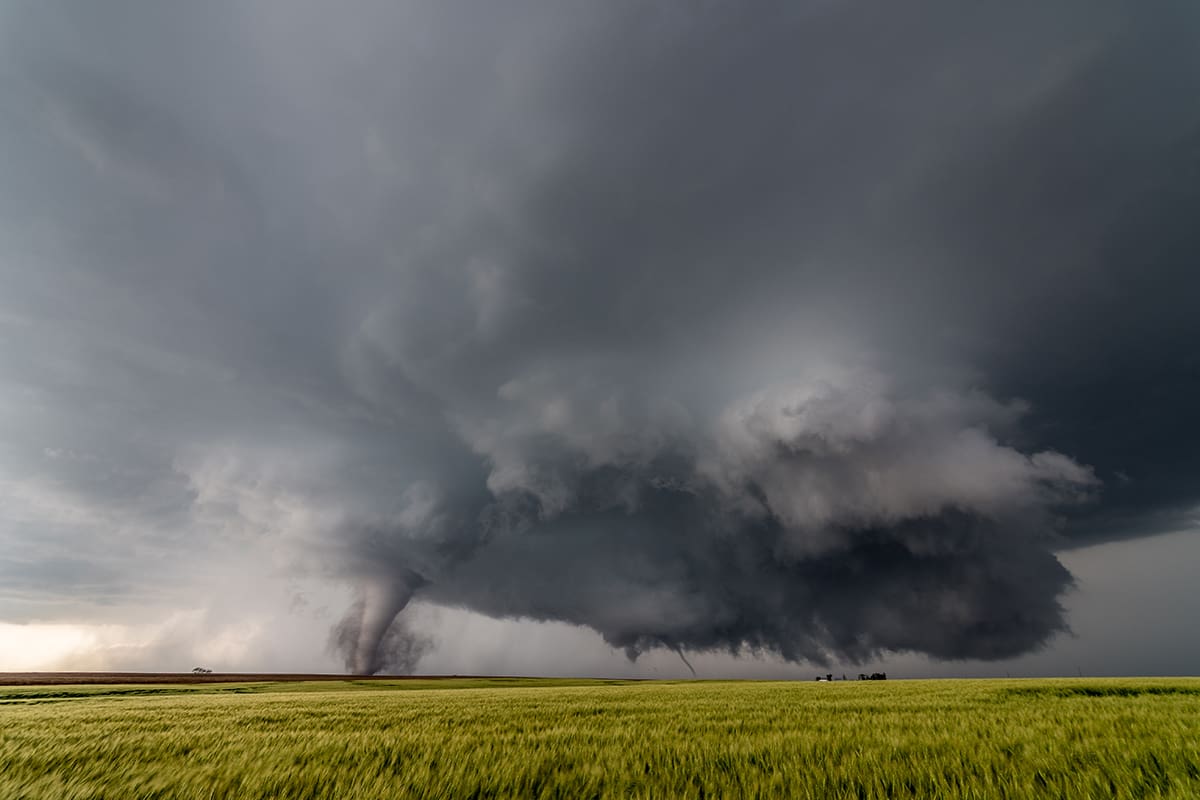
TORNADOES
Nature’s greatest fury is revealed in tornadoes—the cyclonic events that cause such terrible destruction when they touch down in populated areas. Georgia is not as notorious for tornadoes as the Great Plains states of Texas, Oklahoma and Kansas. But tornadoes do occur in the Southeast and have caused untold misery in Georgia through the years. In fact, tornadoes kill more Georgians each year than any other weather-related event.
Between 1985 and 2014, Georgia experienced an average of 26 tornadoes per year. But in just the first three months of 2023, there were 32 tornadoes in the state. That could portend an ominous new trend. But according to weather,gov, March and April are by far the worst months for tornadoes in Georgia. So, the disturbing pattern we’ve seen early this year could abate during the following months.
The sudden onset of tornadoes makes it impossible to factor them into construction schedules. Needless to say, when they do occur, they cause havoc to any construction project in their path.
But what about the impact of tornadoes on the structures themselves?
Flying debris can crush buildings and kill people. The pressure differentials that accompany strong tornadoes can blow out windows and cause roofs to collapse. Tornadic winds inflict their worst damage on wood structures, but even steel-framed buildings are not immune.
The best defense against this kind of damage is to use the most wind- and impact-resistant materials available. In that regard, today’s technology offers better protection than ever before, including tornado-resistant steel doors and frames, tornado-resistant roofing, and even tornado-resistant glass.
DESPITE SOME REGIONAL WEATHER CHALLENGES, ATLANTA, OVERALL, IS A GREAT PLACE TO BUILD
The issues addressed above are real and relevant to the Atlanta area. But given its generally mild climate, friendly business environment, and vigorous economy, the Atlanta metro region is still one of the best in the country for the construction industry.
RAINWATER CONSTRUCTION COMPANY – QUALITY AND INTEGRITY SINCE 1956. FIND OUT MORE ABOUT OUR HISTORY.
READ THIS NEXT
Stay up to date on the latest Rainwater Construction news and event – follow us on LinkedIn!


